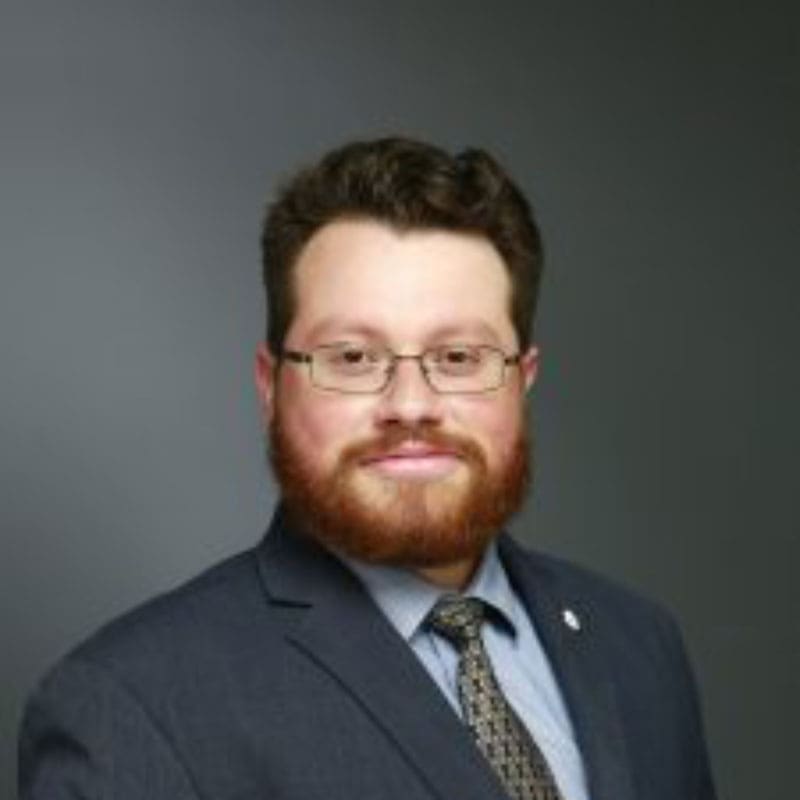Primarily developed with U-M’s collections in mind, we hope this glossary is also useful for other institutions with similar collections. In developing this resource, we have three audiences in mind. First, archivists and other collection stewards whose work involves the creation of descriptive tools such as finding aids, catalogs, or collections guides. Second, academics and community-based researchers who use the collections. Third, scholars who teach or study reparative descriptive practices.
Our efforts underscore the power of words to shape understandings of the past, which, in turn, influences the use of cultural items now and in the future. Indeed, classification systems and curatorial practices emerging from colonial knowledge production have led to offensive, inaccurate item descriptions and organizational patterns. A striking example is the use of the terms “insurrection” and “insurrecto” to frame the resistance of Philippine revolutionaries against the United States during the Philippine-American War. Through the use of these terms, Philippine revolutionaries are cast as forces fighting against the legitimate authority of the U.S. colonial government, as opposed to defenders of an independent and sovereign nation. Though scholars have debated what the war should be called given its fraught history, some of U-M’s finding aids appear to offer a definitive account of the conflict. 1 Moreover, descriptions often collapse or essentialize the complex sociocultural milieu of the Philippines, an archipelago of over 7,000 islands and myriad cultures. Consequently, harm manifests as inaccuracies, lack of context, and the normalization of colonial perspectives and knowledge production.
Our work is inspired by two main sources. The first is the “Power of Words Handbook: A Guide to Language about Japanese Americans in World War II, Understanding Euphemisms and Preferred Terminology” published by the Japanese American Citizens League (JACL).2 The JACL illustrates how euphemistic language, born out of U.S. efforts to obfuscate the realities of Japanese internment during World War II, perpetuates misunderstandings of this history, long after detainees were released. The JACL explains, “It is now time to acknowledge and correct this misleading language of the past and focus on truth and accuracy for the future.”3 Though the harmful terminology found in Philippines collections at U-M is not necessarily euphemistic, it often misrepresents or distorts understandings of Philippine history. As such, we hope this glossary begins to reflect clarifications and updates to the historical record.
The second inspiration is Jessica Tai’s advocacy of “cultural humility” in archival description. Tai explains that cultural humility is a lifelong process that seeks to “normalize not knowing.”4 Eschewing traditional archival practices claiming authority or neutrality in describing collections and representing the past, Tai proposes that archivists work with community members whose heritage is represented in the collections to “develop local descriptive practices.”5 Moreover, she stresses the need for transparency through preservation of harmful descriptions that can be contextualized to document epistemic shifts in descriptive practices, along with the reworking of terms used in finding aids and other records through engagement with local communities.6 Tai adds, “From within a framework of cultural humility, archivists understand that redescription is not just about revising language but about implementing a practice of critical self-reflection, as well as recognizing and shifting power imbalances.” 7 Tai demonstrates that redressing harmful terminology is more than an academic exercise. Indeed, it has implications for the ways local communities engage with imperial and racial legacies, and has the possibility of highlighting the various forms of knowledge production one might encounter in the collections.
Through their descriptions, archivists and collections stewards construct historical representations of the materials they retain. Accordingly, curatorial practices seeking “neutral” or “objective” points of view may end up foregrounding limited historical perspectives, prioritizing certain memories or systems of knowledge production over others.8 By taking a critical look at the ways institutions at U-M have been central authorities in shaping historical representations and critical thinking about the history of American-Philippine relations, and Philippine culture in general, this glossary serves as a first step toward reframing ways to think about Philippine collections located at the university.
While reviewing the glossary, readers should keep several processual matters in mind. First, this glossary does not advocate for the erasure of harmful language in the collections. Heeding Tai’s call, we stress historical transparency through documentation of harmful descriptions and reevaluation of terms through collaborations with local communities and other knowledge bearers.9 Furthermore, we acknowledge that there may be disagreement with our definition of the term “harm” and the ways that reparative descriptions may be implemented within collections. Lastly, the meanings of words and employment of language are regularly in flux, and the terms in this glossary are no different. As such, the definitions included in the glossary should be considered summations of their meanings and usage over time. Ultimately, we believe our work will continue to emphasize that history is not static, but rather dynamic, and that supposed inevitabilities of history may be countered with alternative forms of understanding the past and knowledge production.
This guide is not comprehensive, nor will it erase the harms caused by American colonialism. At the very least, however, our work attempts to redress the ways these collections have been presented to the public and proposes different ways of thinking about this difficult history. We hope that visitors to this website offer their own perspectives, providing suggestions for adding terms, revising definitions, and contemplating the legacies of colonialism. The glossary is a work in progress that we hope will be improved by collaborations with local communities, academics, collections managers, and others who are committed to the challenging, yet crucial work of reparative description.
1 For a breakdown of various ways the Philippine-American War has been framed by scholars, see David J. Sibley, A War of Frontier and Empire: The Philippine-American War, 1899-1902 (New York: Hill and Wang, 2007), xii-xiv. Of course there are other examples in the U-M finding aids of terminology providing inaccurate or incomplete understanding of Philippine history and culture, which we’ve identified in the following documents.
2 Japanese American Citizens League, ““Power of Words Handbook: A Guide to Language about Japanese Americans in World War II, Understanding Euphemisms and Preferred Terminology,” April 27, 2013 (Revised August 2020), https://static1.squarespace.com/static/5e8e0d3e848b7a506128dddf/t/5ffc861741448928cd131066/1610384921163/POW-Handbook-Rev2020-V4.pdf.
3 JACL, “Power of Words Handbook,” 1.
4 Jessica Tai, “Cultural Humility as a Framework for Anti-Oppressive Archival Description,” in “Radical Empathy in Archival Practice,” eds. Elvia Arroyo-Ramirez, Jasmine Jones, Shannon O’Neill, and Holly Smith. Special issues, Journal of Critical Library and Information Studies, Vol. 3, No. 2 (2021), 17.
5 Tai, “Cultural Humility,” 18
6 Ibid, 16.
7 Ibid, 3. In a similar sense, Maori scholar Linda Tuhiwai Smith states, “The problem is that constant efforts by governments, states, societies and institutions to deny the historical formations of such conditions have simultaneously denied our claims to humanity, to having a history, and to all sense of hope…. To resist is to retrench in the margins, retrieve ‘what we were and remake ourselves.’ The past, our stories local and global, the present, our communities, cultures, languages, and social practices – all may be spaces of marginalization, but they have also become spaces of resistance and hope.” Tuhiwai Smith’s book explores “indigenous research,” but it is important to note that the term “indigenous” has its own complex history in the Philippines and is not used here as a claim that all Philippine knowledge production is “indigenous.”
8 Tai, 8.
9 Ibid, 18-19.



